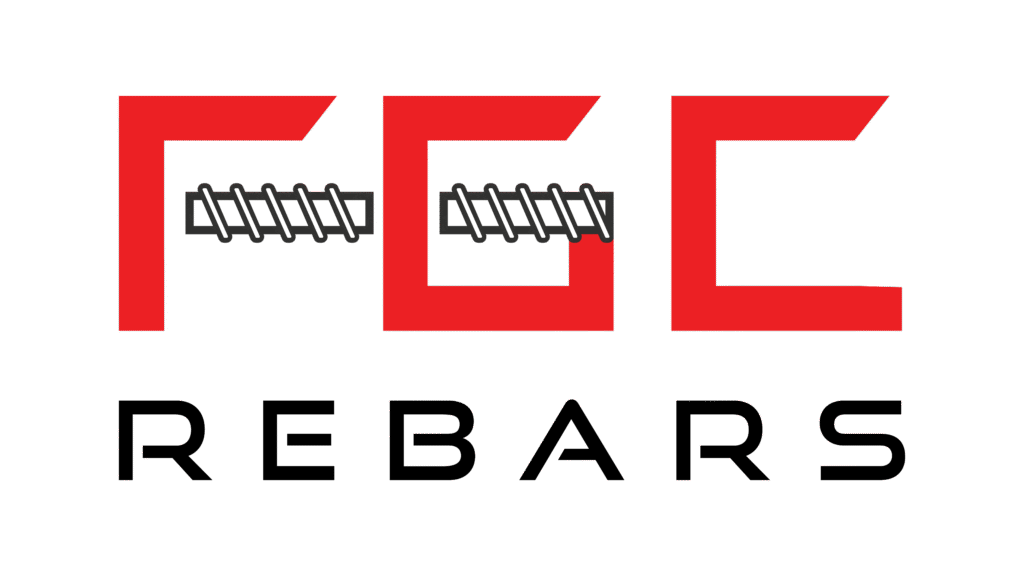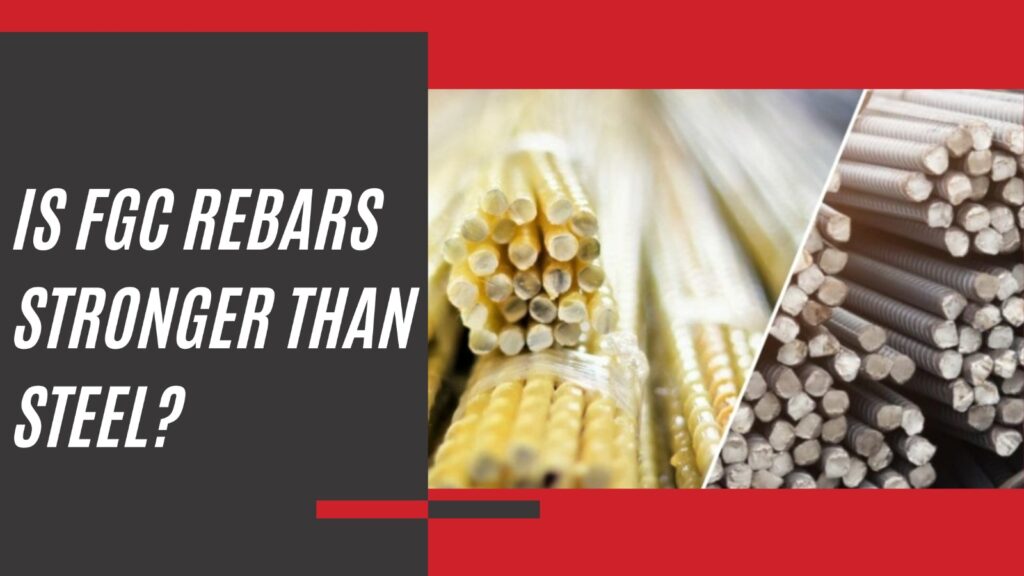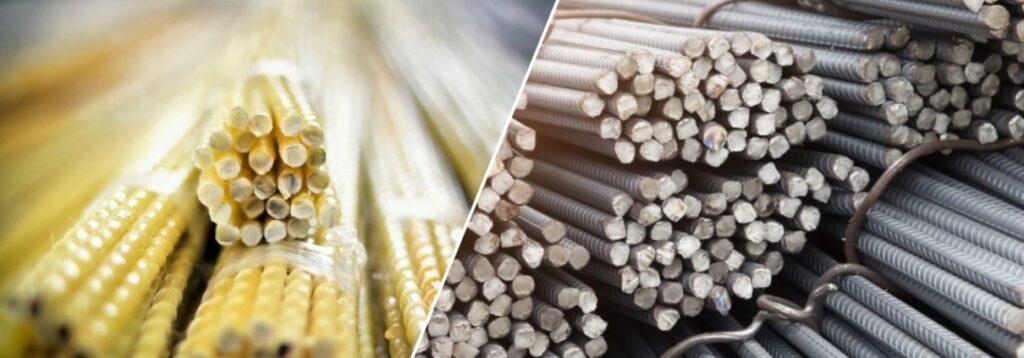Introduction
India’s construction industry is undergoing a significant transformation, driven by the need for durable, sustainable, and cost-effective building materials. Fiberglass Composite (FGC) rebars are emerging as a promising alternative to traditional steel reinforcement, offering numerous benefits that align with the country’s infrastructure goals.
What is Fiberglass Rebar?
Fiberglass composite is a composite material made from high-strength glass fibers embedded in a polymer resin matrix. This combination results in a reinforcement material that is lightweight, corrosion-resistant, and possesses a high strength-to-weight ratio.
Advantages of Fiberglass Rebar
- Corrosion Resistance: Unlike steel, FGC rebars do not rust, making them ideal for structures exposed to moisture, chemicals, or saline environments.
- Lightweight: Weighing approximately one-quarter of steel, fiberglass rebars reduce transportation and handling costs.
- Tensile Strength 1000+ MPa: FGC rebars offer tensile strength comparable to or greater than steel, enhancing structural integrity.
- Non-Conductive: Being non-magnetic and non-conductive, they are suitable for sensitive environments like hospitals and laboratories.
Thermal Insulation: FGC rebars have low thermal conductivity, reducing thermal bridging in structures.
Applications in Indian Infrastructure
Fiberglass rebars are increasingly being utilized in various sectors:
- Bridges and Flyovers: Their corrosion resistance extends the lifespan of structures exposed to harsh environmental conditions.
- Marine Structures: Ideal for ports and coastal infrastructure due to their resistance to saline environments.
- Metro Tunnels: Lightweight and non-conductive properties make them suitable for underground transit systems.
- Industrial Facilities: Used in environments where electromagnetic neutrality is essential.
- Precast Construction & Modular Buildings:
With India investing in faster construction, FGC helps reduce dead load and speeds up transportation and installation.1.Warehouses
-
Use: Grade slabs, flooring, column reinforcements, and beams.
-
Advantage: In warehouse environments where moisture, chemicals, or temperature variations are common, FGC rebars offer excellent corrosion resistance, ensuring a longer life with less maintenance compared to steel.
-
Benefit: Lightweight rebar makes handling and installation faster, cutting construction time and cost.
2. Water Drains (Drainage Channels, Culverts)
-
Use: Reinforcement in precast drainage channels, stormwater drains, culverts, and sewage structures.
-
Advantage: FGC rebars are non-corrosive even when submerged or exposed to continuous water flow, preventing structural weakening over time.
-
Benefit: No rust, no spalling of concrete, and fewer repair cycles — leading to highly sustainable infrastructure.
3. Lintel Beams
-
Use: Above doors, windows, and openings in walls to carry the load transfer.
-
Advantage: In residential and commercial construction, lintel beams reinforced with FGC rebars provide high tensile strength and crack resistance.
-
Benefit: Enhanced longevity, especially in coastal or humid areas where steel would otherwise rust.
4. Plinth Beams
-
Use: Reinforcement at the plinth level, supporting load distribution between the foundation and walls.
-
Advantage: At ground level, moisture can be high; FGC rebars prevent water-induced corrosion at the critical plinth area.
-
Benefit: Increased structural durability and less risk of weakening due to hidden corrosion.
Sustainability and Environmental Impact
FGC rebars contribute to sustainable construction practices:
Longevity: Their durability reduces the need for frequent repairs or replacements, conserving resources.
- Lower Carbon Footprint: Manufacturing and transportation of lightweight FGC rebars consume less energy compared to steel.
- Recyclability: At the end of their lifecycle, FGC materials can be repurposed, minimizing waste.
ConclusionFiberglass rebars present a compelling solution for India’s evolving infrastructure needs, offering durability, sustainability, and performance advantages over traditional materials. With supportive government policies and increasing awareness, FGC rebars are poised to play a significant role in shaping the future of construction in India.




